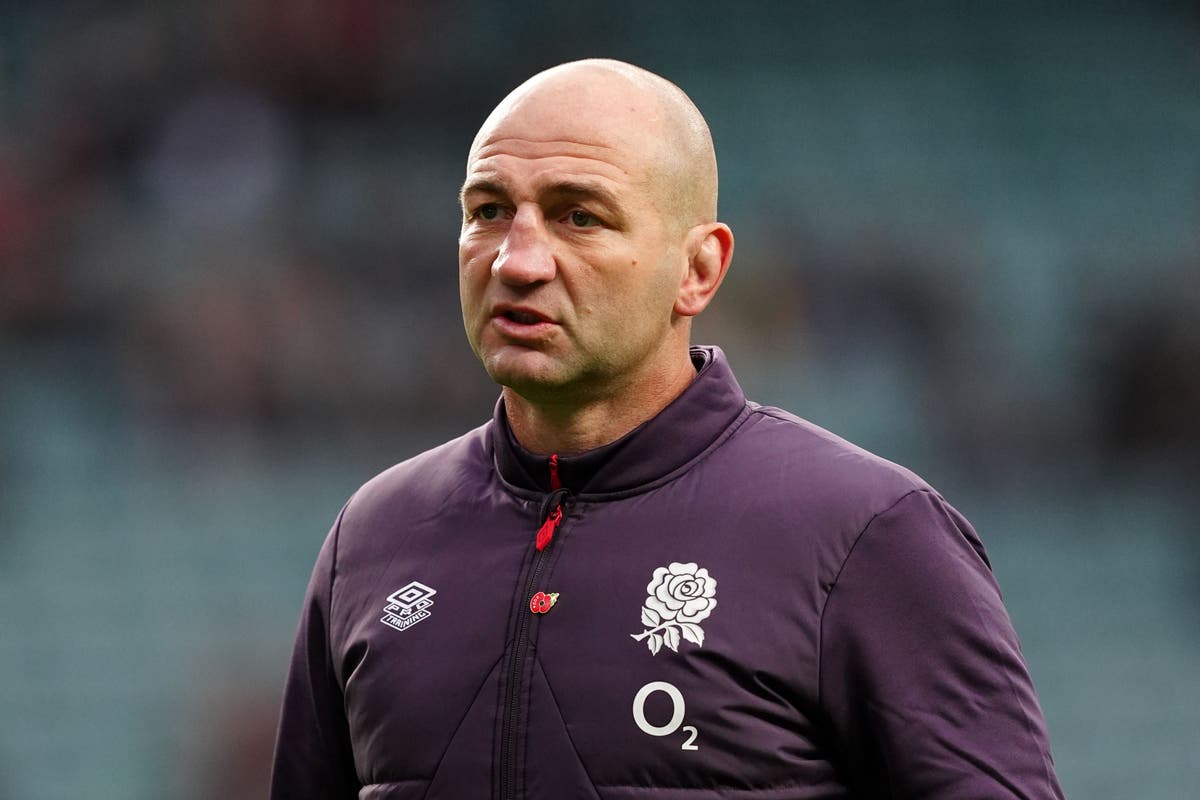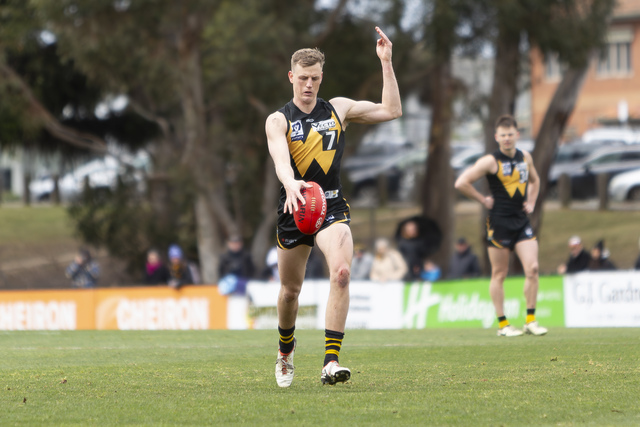Joel Smith suspended until 2028 AFL season

- by Admin
- October 31, 2024

Joel Smith’s AFL career looks over after the Melbourne defender was banned from playing at any level until 2028.
Smith, who featured in 42 senior games for the Demons, returned a positive test for cocaine following their win over Hawthorn in Round 23 last year.
Sport Integrity Australia (SIA) also later charged him trafficking or attempted trafficking of cocaine to third parties in 2020 and ’22, and also possession of cocaine in ’22.
The AFL and SIA announced on Friday that Smith had been suspended because of five anti-doping rule violations under the Australian Football Anti-Doping Code.
The league said in a statement that Smith’s suspension has been agreed by the World Anti-Doping Agency (WADA), SIA and the AFL with Joel Smith.
Smith is banned until January 9, 2028, but can return to training in November, 2027.
He will be 32 when he is eligible to play again.
The trafficking charges led to speculation that other AFL players might also come under investigation. But it is understood there are no ongoing investigations stemming from Smith’s case.
Earlier this year, Smith’s father Shaun — also a former Melbourne player — said his son was not alone in taking drugs and was being made a scapegoat.
Smith’s drugs charges are among a series of dramas that have caused turmoil at the Demons since their drought-breaking 2021 premiership.
They had straight-sets exits from the ’22 and ’23 finals series and did not make the top eight this season.
In March, federal MP Andrew Wilkie alleged in parliament that there was secret testing of AFL players so they would not fail drug tests under the league’s illicit drugs policy, which is separate to the anti-doping code.
Shaun Smith was among the sources Wilkie cited when he made his bombshell allegations. SIA investigated the claims and cleared the AFL of wrongdoing, while urging the league to review the illicit drugs policy.
On Friday, AFL chief executive Andrew Dillon said in a statement that the Smith ban was a “salutory lesson” for any player using illicit substances that are banned under the anti-doping code.
“The use of performance enhancing substances is strictly prohibited in Australian football and the AFL will continue to work with SIA to identify and prosecute the use of such substances in-competition and other conduct prohibited by the Australian Football Anti-Doping Code,” Dillon added.
“The AFL does not in any way condone the use of illicit drugs. If a player chooses to use illicit drugs, the potential consequences are substantial, including risks to health and safety and of losing the privilege of playing professional football, as has occurred here.”
Meanwhile, with chief executive Gary Pert resigning and Christian Petracca offering a tentative endorsement of their culture, the embattled club faces an offseason of reflection and action.
Pert quit on Thursday and will depart his post at the end of the year, though he is set to stay on as a consultant for Melbourne’s bid to build a new training and administration base at Caulfield.
Ex-Collingwood CEO Pert, who joined Melbourne at the end of 2018, follows former president Kate Roffey who stepped down in September amid an ongoing period of turbulence.
Pert’s departure comes ahead of a likely board reshuffle as the Demons prepare to hand down findings from two separate reviews into their operations.
The news of Pert’s departure was announced via a letter to members from president Brad Green, who hailed Pert’s “invaluable contributions” and leadership.
“It is with mixed emotions that I announce that, after six years as CEO of the Melbourne Football Club, Gary Pert has decided to retire and will step down from his role,” Green said.
“After careful consideration of what is best for the club, his family, and his own future, Gary concluded that now is the right time to initiate the search for his successor.
“I want to make it absolutely clear that this decision, including its timing, is Gary’s own.”
Melbourne have been wracked by turmoil almost since their breakthrough 2021 premiership.
They suffered straight-sets finals exits in 2022 and 2023 before missing the top eight altogether this year and finishing 14th.
Queries over their off-field culture have popped up consistently, and weren’t quashed by Pert’s extraordinary claim late last year that the club’s culture was the best he had seen in 40 years.
Clayton Oliver’s off-field troubles, Smith’s anti-doping case and disgruntled star midfielder Petracca’s desire to leave the club following his horror injury in the King’s Birthday match, were headline issues.
Petracca ultimately committed to the Demons, for 2025 at least, on August 31, while Melbourne shut down any chance of Oliver moving to Geelong after Pert had reportedly shopped him around.
Speaking to media on Thursday, for the first time since his trade saga, Petracca was asked if he was happy with the culture at Melbourne.
“I think so. Culture is an interesting word. It’s a high-performance industry and for me we’re always trying to improve and get better,” Petracca told reporters at a Melbourne Cup promotional event on Thursday.
“For me, getting people through the door is the right thing.
“We’ve had healthy conversations and that’s awesome. Like any industry and any club, we’re looking to improve.”
Green is reviewing the club’s board while Melbourne have enlisted former All Blacks manager Darren Shand to look at their football department.
Former Melbourne footballer, lawyer and ex-Melbourne Cricket Club president Steven Smith will stand for board election, along with businessman Chris Barlow.
“Should members elect him, I will encourage Steven to seek board endorsement to succeed me as president of the Melbourne Football Club at the end of the 2025 AFL season,” Green said.
Chief operating officer David Chippindall will serve as interim CEO from January.
The Latest News
-
November 15, 2024Nick Kyrgios set to make long-awaited return to tennis as comeback date revealed
-
November 15, 2024List wins elusive DP World Tour card, Barron loses his
-
November 15, 2024India great warns ‘the king is back in his territory’ as struggling Virat Kohli returns for fifth tour
-
November 15, 2024‘Adaptable’ Murphy spins out WA to put Vics in control | cricket.com.au
-
November 15, 2024Nick Kyrgios: Australian tennis star confirms return to ATP Tour at Brisbane International in December




